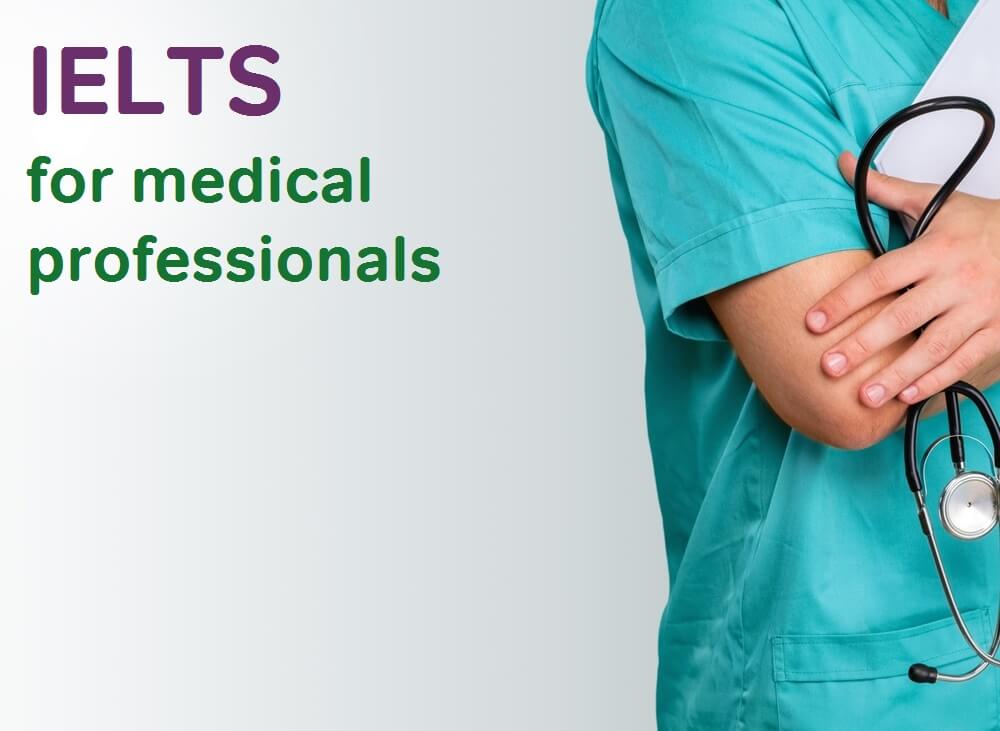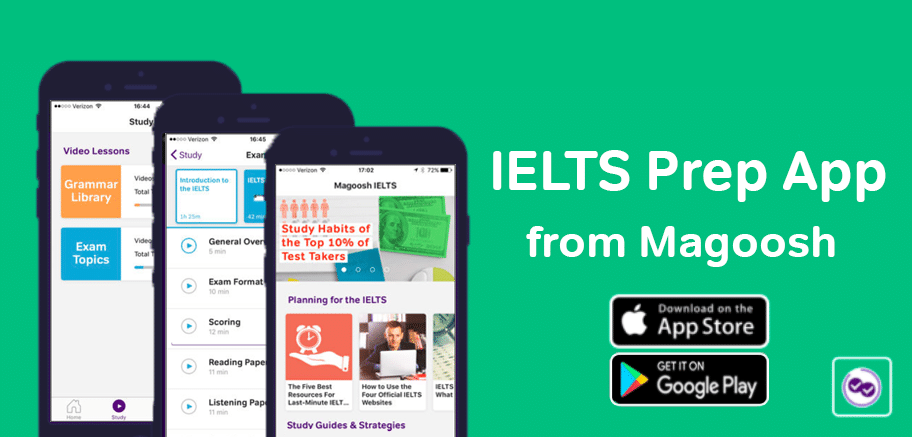
We all know about IELTS for university students and IELTS for general immigration. But what about IELTS for medical professionals? If you want to work in healthcare in an English-speaking country, should you take the IELTS?
Academic IELTS or IELTS General Training?
You might assume that the General Training version of the IELTS is required for medical work. After all, IELTS General Training is designed for work and immigration purposes. Surprisingly, this is not usually the case. With some very rare exceptions, international medical professionals take the Academic IELTS. Sometimes an alternative academic exam such as the TOEFL may also be accepted.
IELTS For Medical Professionals: Reasons a Medical Professional Might Take the IELTS
If you are a medical professional and non-native speaker of English, there are two reasons you might need to take the IELTS: licensing or immigration. IELTS tests for medical licences and skilled migrant visas are required for many different medical professions. The IELTS is used in both licensing and immigration for pharmacists, nurses, doctors, physical therapists, speech-language pathologists, and just about any other kind of skilled medical work.
As a general rule, you’ll need to take the IELTS if you completed your medical studies in a language other than English. If you are primarily experienced in working with non-English speaking patients, you may also need to take the IELTS.
IELTS For Medical Professionals: Scoring Requirements
In the United States and Canada, IELTS requirements for healthcare workers differ from region to region. Canadian provinces all set their own IELTS score requirements. Similarly, in the United States, individual states decide on the minimum IELTS scores for state-granted medical licences. For skilled migration in the medical professions, national governments set the score requirements.
In other English-speaking countries such as Australia, the United Kingdom, Ireland, and New Zealand, IELTS requirements for medical licensing are set at the national level. In contrast, IELTS score requirements for skilled migrants who work in healthcare are always set by the national governments of English-speaking countries. This is true even in the U.S. and Canada.
Specific IELTS score requirements can vary somewhat by region or country. But there is a general range of scores that medical professionals need to meet. Skilled medical professionals usually have to score at least 6 on the IELTS and may have to score as high as 7.5. To give a few examples in this range, the District of Columbia in the United States requires an IELTS score of 6 for licensed nurses. Elsewhere in America, the state of Minnesota requires an IELTS 6.5 for a nursing licence. In Australia, international nurses need a 7 on the IELTS, as do nurses migrating to the United Kingdom.
The “whole test” score requirements don’t always tell the whole story, though. Let’s look again at the regional and national standards in the previous paragraph. Washington, D.C. requires a 6 overall on the IELTS, but a minim of 7 in IELTS Speaking. And in Minnesota, you can’t get a medical licence if you have below a 6 on any one section of the test; this is true even if your whole test score meets Minnesota’s 6.5 requirement. Then there’s Australia and the U.K., where nurses need a 7 or higher on each individual section of the test — not just on the test as a whole.
There usually aren’t any differences in IELTS score requirements between different professions. Licensing and immigration agencies in the U.K., Ireland, Australia, New Zealand, Canada, and the U.S. hold their nurses, pharmacists, doctors, and other medical professionals to very similar standards.






Leave a Reply